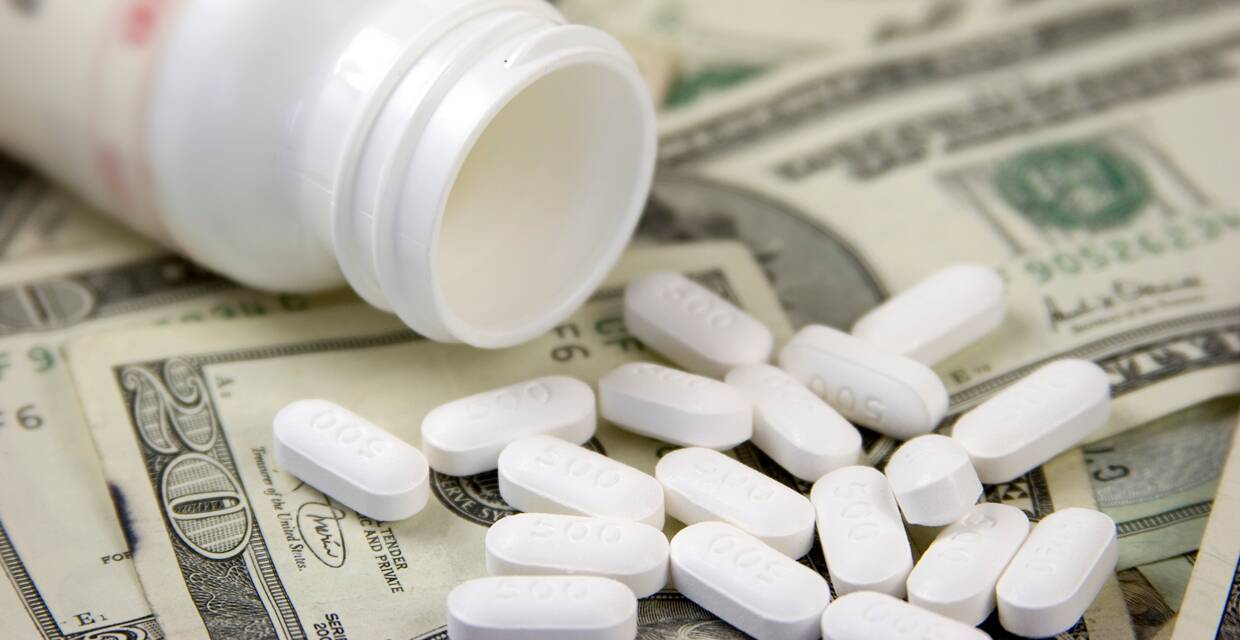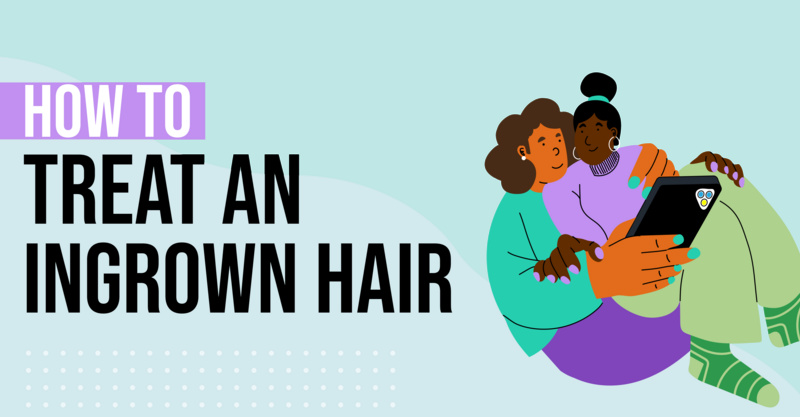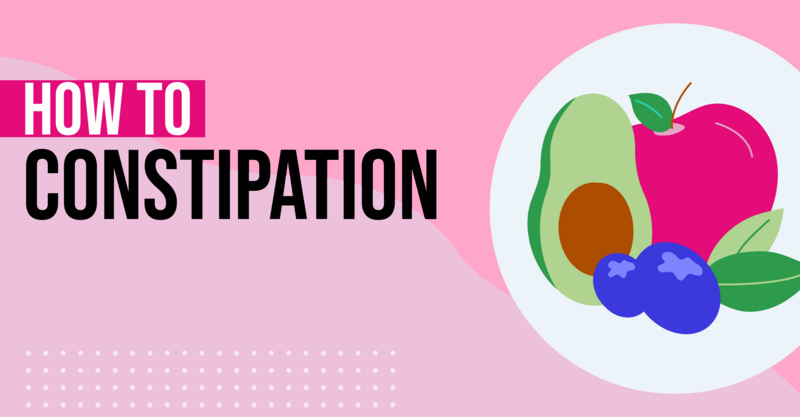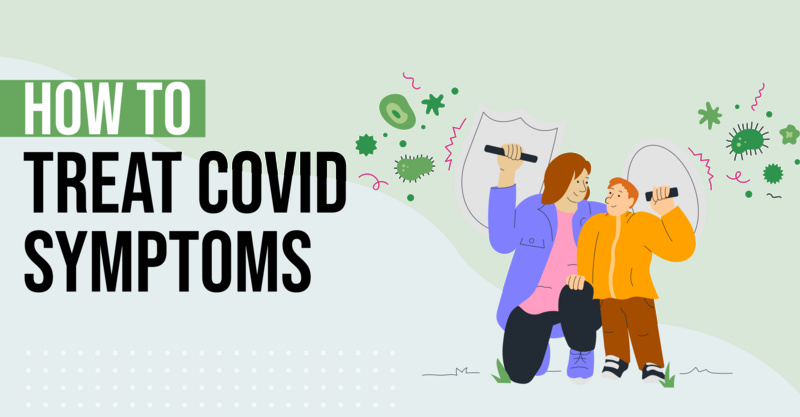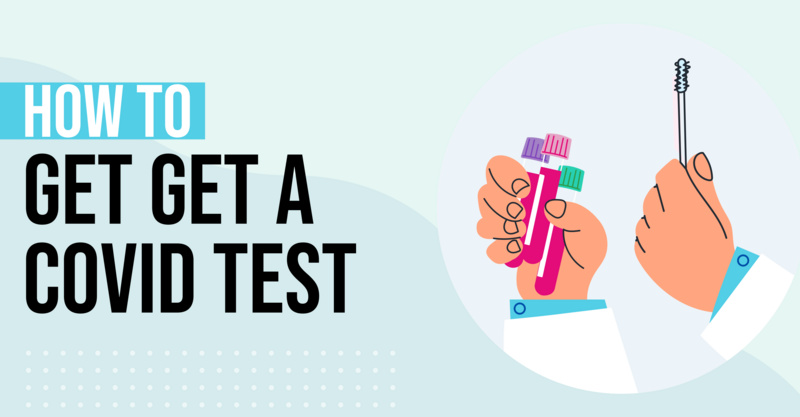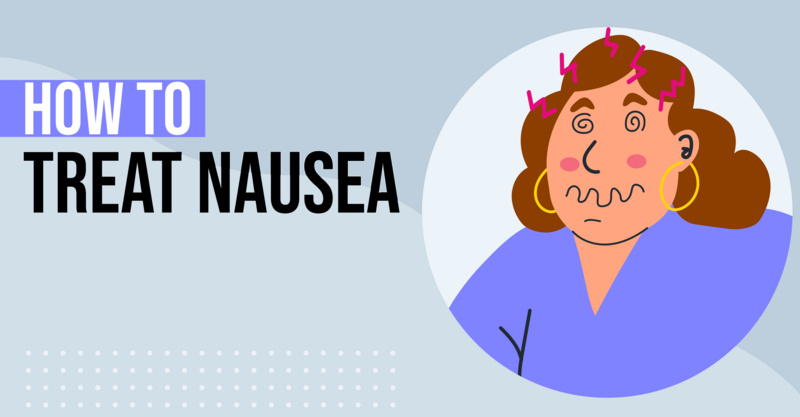Key Points
- The article discusses the differences between generic and name brand prescription drugs, highlighting that while many consumers believe them to be the same, there are significant differences that could impact their health.
- One key difference is in the dosage of active ingredients, with generic drugs only required to contain 80 to 125 percent of the active ingredients of the brand name version. This variance can lead to significant changes in dosage, particularly for critical medications such as thyroid and anti-seizure drugs.
- Another difference is in the inactive ingredients, or fillers and binders, which can vary greatly between generic and name brand drugs. This can lead to allergic reactions in some patients, or cause the drug to break down more quickly in the body.
- The article also points out that generic drugs do not undergo the same rigorous testing as brand name drugs, which can lead to overlooked issues. This is exemplified by a lawsuit involving a patient who suffered seizures after taking a generic version of an antidepressant.
- Despite these potential issues, generic drugs are considerably cheaper than their brand name counterparts, making them an attractive option for many, particularly those without health insurance. However, the article advises patients to consult with their doctor or pharmacist before switching to a generic version of their medication.
About 80 percent of the prescription drugs Americans take year are generic versions, yet consumers know very little about what makes generic drugs different from their name brand counterparts. According to the FDA, generic drugs are essentially the same thing as their name brand versions, but this isn't actually true. There are some striking differences between generics and name brand prescription drugs, and you need to know these differences before considering generic alternatives for you and your family.
There Can Be Drastic Differences in Dosages
The FDA only requires that generic drugs contain 80 percent to 125 percent of the active ingredients of the name brand version. But this doesn't mean that all the generic versions of a particular drug contain equally low or high amounts. It means that you might get a generic alternative for your medication this week that's only 80 percent strength, and your refill next week contains 125 percent, meaning you unknowingly went up on your dose by 45 percent in a single week. Or, you could refill your prescription next month and suddenly be taking 45 percent less of the drug than your body is used to. This is particularly dangerous for certain drugs in which dosages are so critical, including:
- Thyroid medications
- Anti-seizure medications
- Blood thinners
- Antidepressants
- Antipsychotics
- Asthma medications
- Immune suppressants
Inactive Ingredients Can Vary Tremendously
Most of the pills and capsules we take have a small amount of active ingredient and the rest is filler or binder. These can be quite different from the fillers and binders used by name brand drug manufacturers. Some patients who have no sensitivity or allergy to the ingredients in the name brand do have such reactions when taking the generic versions. This is particularly important when taking extended release capsules because the generic may break down much faster than the name brand, meaning your system is flooded with large doses of the drug quickly, instead of absorbing it slowly over time. Ask your quick care physician if he is prescribing an extended release capsule.
Generic Drugs Don't Undergo the Same Testing
Testing of brand name drugs is intensive, and lasts for years. The generic, however, only undergoes a "bioequivilence" test, which checks to see if the generic contains the same active ingredients in roughly the same amount. This test doesn't always uncover serious problems. A recent lawsuit involving Andrew Richards and other plaintiffs highlighted the serious flaws in these bioequivilence tests. Richards suffered seizures after taking the generic version of his antidepressant Wellbutrin XL.
Labels in Generic Packaging are Incorrect
The labels on generic medications contain the same data as the pharmacokinetics sheets included with the name brand drug, even though the dosages and filler content are entirely different. This often leads to patients misunderstanding exactly what they're taking or what side effects to expect. Some patients claim their side effects are markedly more severe on the generic alternatives. When visiting urgent care centers, patients should ask the doctor whether the generic alternative is suitable.
Generics Are Considerably Cheaper
Generic drugs are often many times cheaper than name brands. With 50 million Americans paying for doctor's care and medications without the benefit of health insurance, generics are an attractive alternative to costlier name brands. In the majority of cases, patients are just as happy with generics and claim to have no more or worse side effects. However, if you're taking one of the medications on the list above, you might want to do additional research before considering the switch to generic.
Related: How Much does Urgent Care Cost?
Ask your doctor or pharmacist if you're in doubt about generic versions of your medications.
Frequently asked questions
What are generic drugs?
Generic drugs are versions of brand name drugs that have the same effects, but may contain different amounts of active ingredients and different inactive ingredients. They are often much cheaper than the brand name versions.What are the differences between generic drugs and brand name drugs?
While generic drugs are essentially the same as brand name drugs, there can be differences in the amount of active ingredients they contain, the inactive ingredients used, and the testing they undergo. Also, the labels on generic medications often contain the same data as the brand name drugs, even though the dosages and filler content may be different.How does the FDA regulate generic drugs?
The FDA only requires that generic drugs contain 80 percent to 125 percent of the active ingredients of the brand name version. The generic drugs also undergo a "bioequivalence" test to check if they contain the same active ingredients in roughly the same amount as the brand name drugs.How can the dosage of generic drugs vary?
The dosage of generic drugs can vary greatly. For example, you might get a generic alternative for your medication one week that's only 80 percent strength, and your refill the next week contains 125 percent, meaning you unknowingly increased your dose by 45 percent in a single week.Are there any risks associated with taking generic drugs?
Yes, there can be risks associated with taking generic drugs. Some patients may have reactions to the different inactive ingredients used in generic drugs. Also, the varying dosages can be particularly dangerous for certain drugs in which dosages are critical, such as thyroid medications, anti-seizure medications, blood thinners, antidepressants, antipsychotics, asthma medications, and immune suppressants.Are generic drugs tested the same way as brand name drugs?
No, generic drugs do not undergo the same intensive, long-term testing as brand name drugs. They only undergo a "bioequivalence" test, which checks to see if the generic contains the same active ingredients in roughly the same amount as the brand name drugs.Are there any benefits to taking generic drugs?
Yes, one of the main benefits of taking generic drugs is the cost. Generic drugs are often many times cheaper than brand name drugs, making them an attractive alternative for those without health insurance.What should I do if I'm unsure about taking a generic version of my medication?
If you're unsure about taking a generic version of your medication, you should ask your doctor or pharmacist. They can provide you with information about the specific generic drug and help you make an informed decision.
